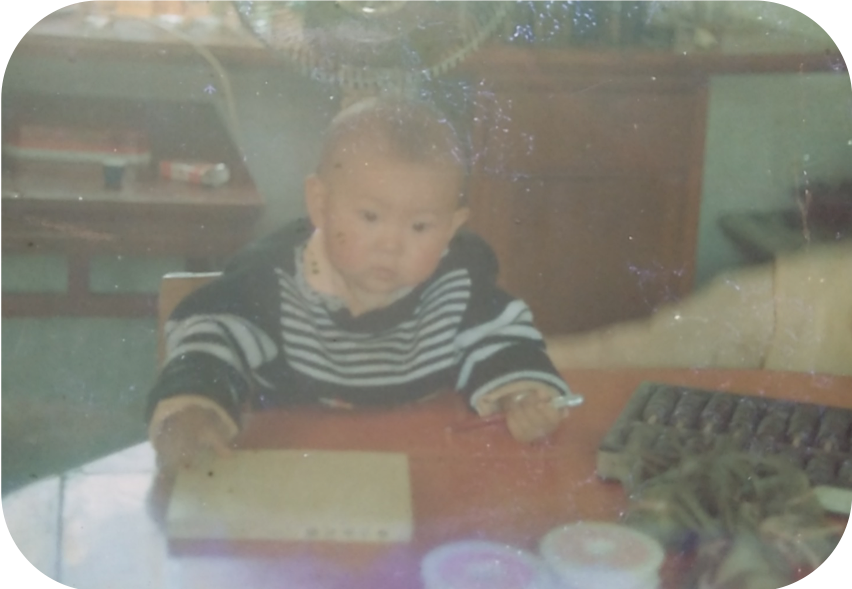
1991
It is a Chinese tradition to have babies play a “抓周” game on their one year birthday. In this game, the baby sits in the middle of a circle, surrounded by objects representing different future vocations (e.g., book, calculator, money etc.). The entire family anxiously waits to see which object the baby will grab first, as it is regarded as a sign of the baby’s future career.
And yes, I grabbed a book and a pen. Books and pens can look delicious sometimes.
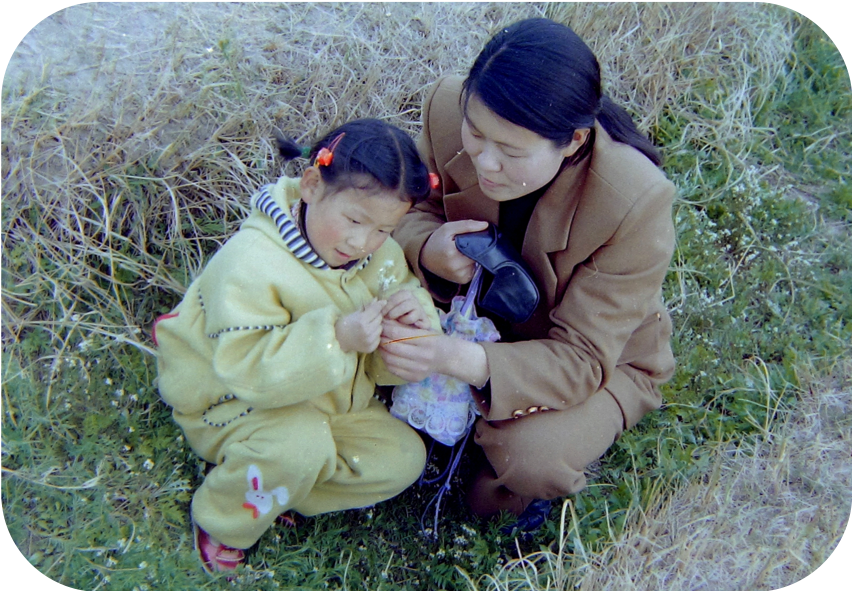
1996
At age six, kids started to be asked the sophisticated question: who do you want to be when you grow up? In 1996, we didn’t have many options. Most of my friends wanted to be Chairman Mao, while I said that I want to be a scientist.
Apparently I showed interest in observing and studying unknown phenomena since I was very little.
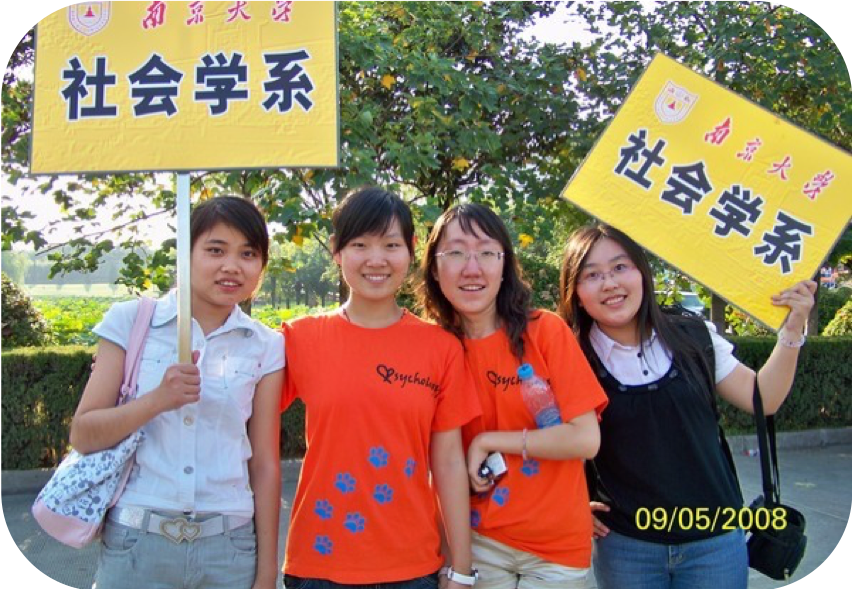
2007 – 2011 (Undergraduate Phase)
I completed my undergraduate education in Nanjing University. Nanjing University is a renowned institute that has great reputation in academia. As a Psych major, I spent half of my time understanding science, and half of my time understanding people. I volunteered in rehabilitation centers, and performed home visits to mentally and physically disabled children. I did my first laboratory study about peer pressure, which was an instructive experience that guided my decision to pursue academia.
One thing I learned from this process, which is still important for me, is that talking to people can give me great research ideas. Through my interaction with people in the rehabilitation centers I built a strong interest in human plasticity, which has guided my research path.
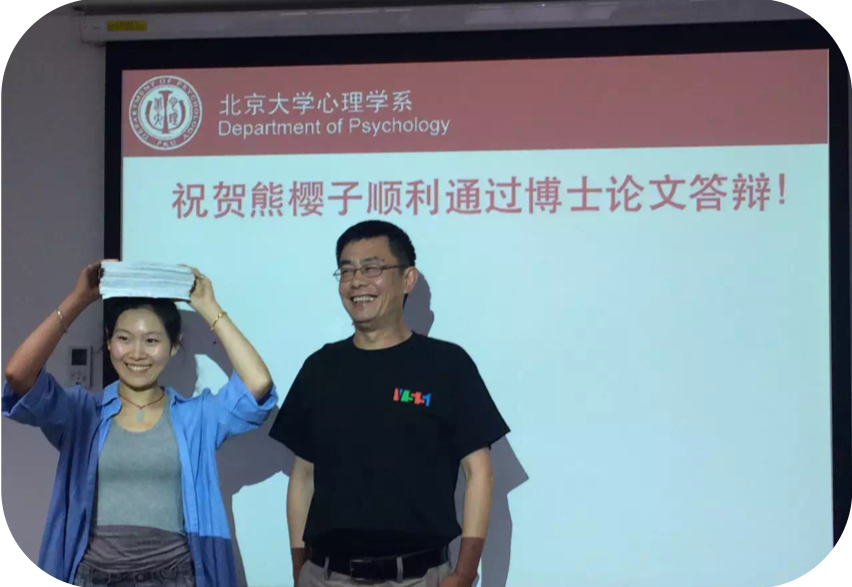
2011 – 2016 (Ph.D Phase)
In 2011, I joined Dr. Yu’s Vision Perceptual Learning Lab at Peking University. It was then that I finally went beyond “having fun” and experienced the joys and challenges of scientific research. My Ph.D research started from visual perceptual learning, and extended to auditory perceptual learning. In my third PhD year, we realized that in reality, vision always works together with hearing and other sensory modalities. To fully understand brain plasticity, we need to understand the interactions between modalities. Therefore, we further extended my work to the generalization of learning between vision and hearing.
My Ph.D years have shaped my “academic personality”. I learned to stay open-minded to new ideas, stay critical to avoid artifacts, stay optimistic when encountering failures, and stay healthy because research requires both mental and physical labor.
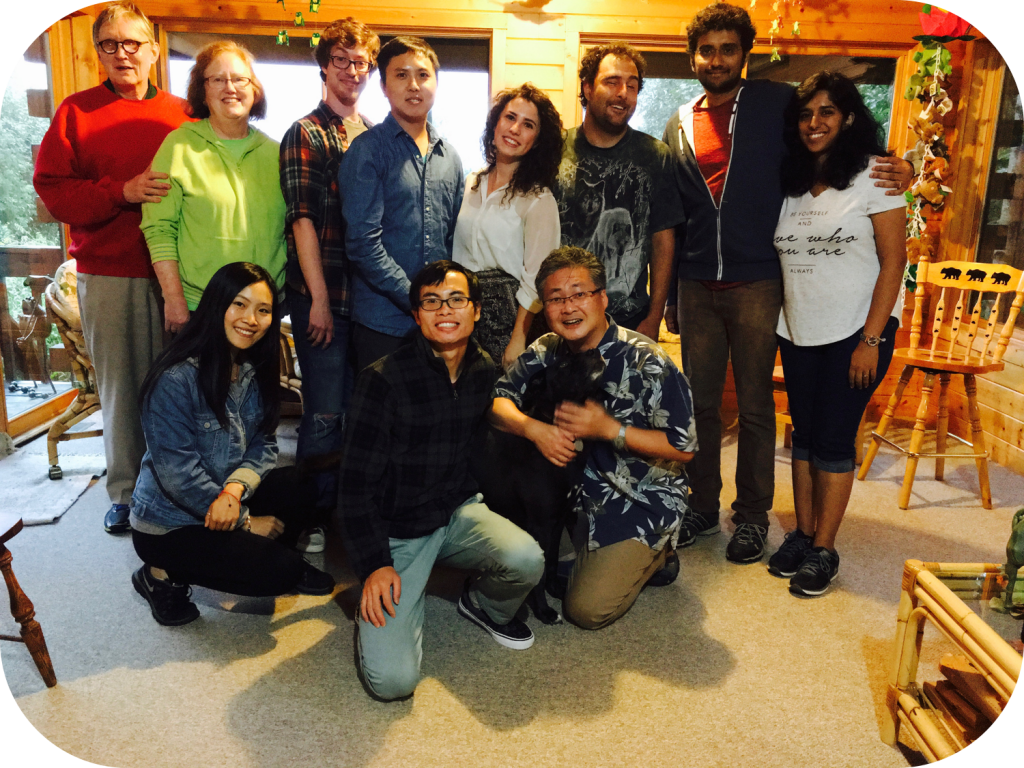
2016 – Now (Postdoc Phase)
Following my initial interest in rehabilitation training, in 2016 I joined Dr. Gordon Legge’s Low-Vision Research Lab in the University of Minnesota. In the first two years, my study have focused on reading deficits in people with visual loss. I investigated the impact of vision loss on reading, and explored methods to increase the accessibility of various reading platforms.
Through communicating with subjects, I noticed the high co-occurrence of vision and hearing loss, which brought my attention to the topic of dual sensory loss (DSL). This large and unattended population has now become an important focus of my independent research.
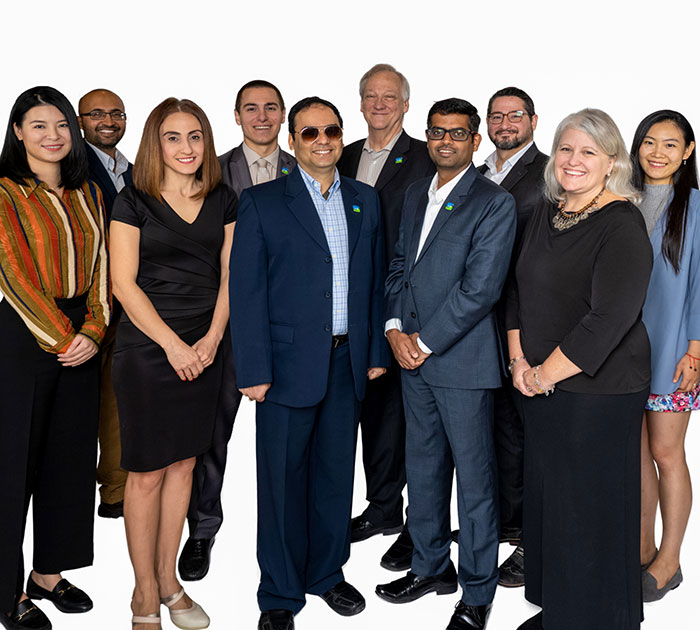
2019 – Now (Envision Fellow)
In 2019, I was awarded the Envision Fellowship and started working both cites at the University of Minnesota and the Envision Research Institute.
In Envision Research Institute, I had the opportunity to work with Dr. Don Fletcher in his Envision Low Vision Clinic. I sat in on Dr. Fletcher’s patient sessions, and shadowed occupational theapists and orientation&mobility specialists in the follow-up vision rehabilitation training. This has been a wonderful experience that gives me great research ideas and helps me thinking through where my research stands in the vision rehab world.
